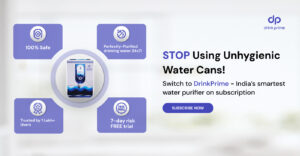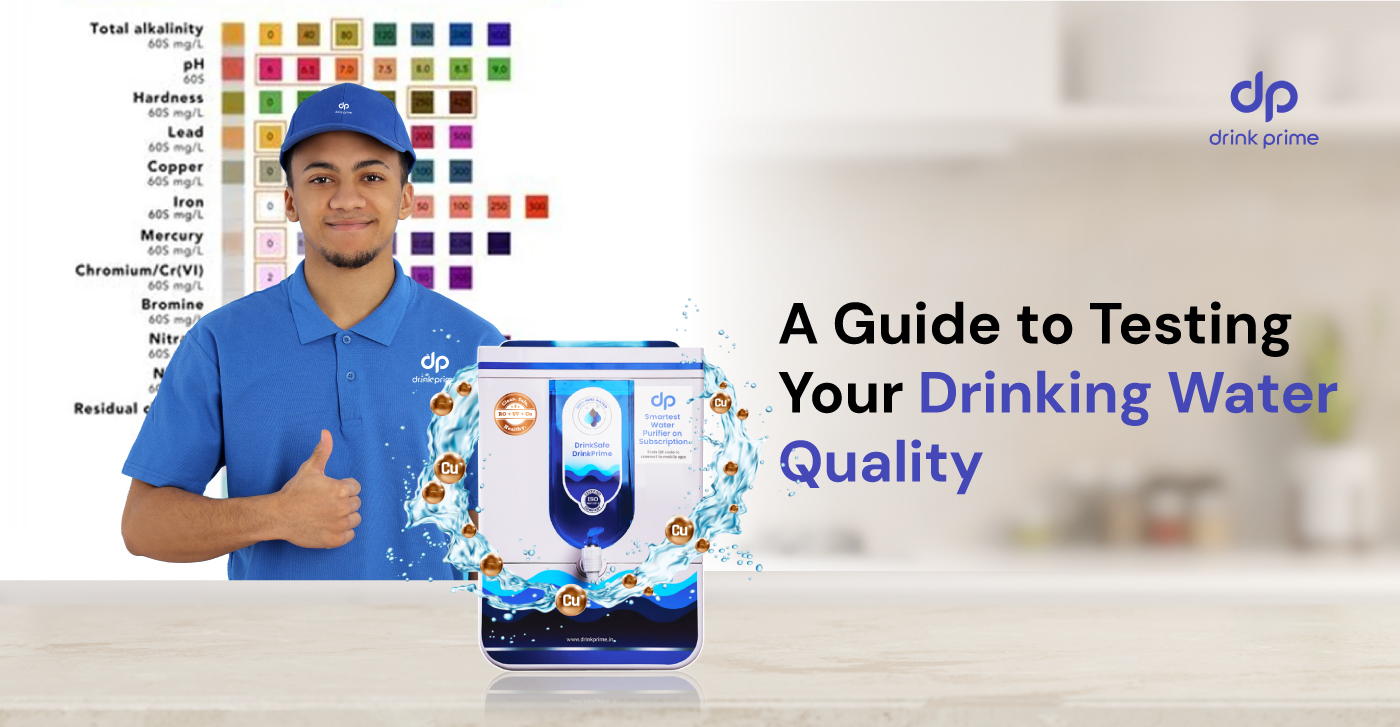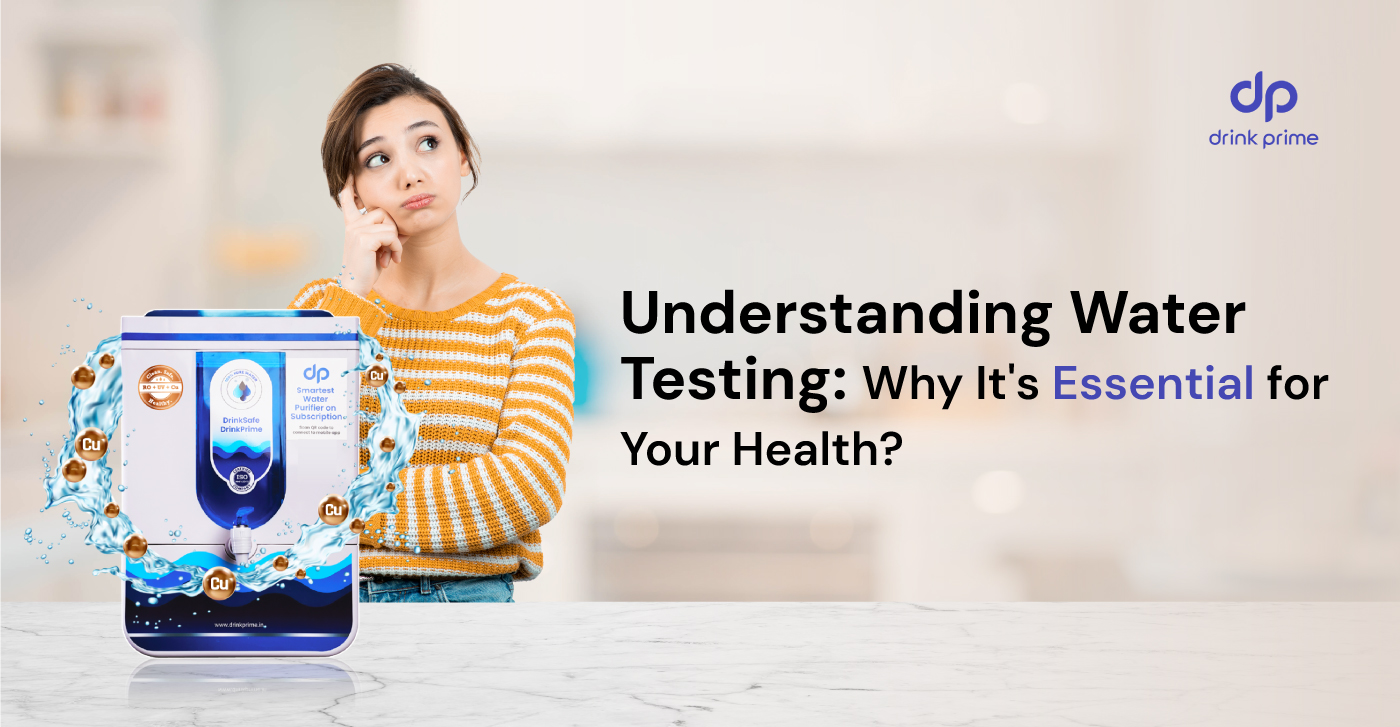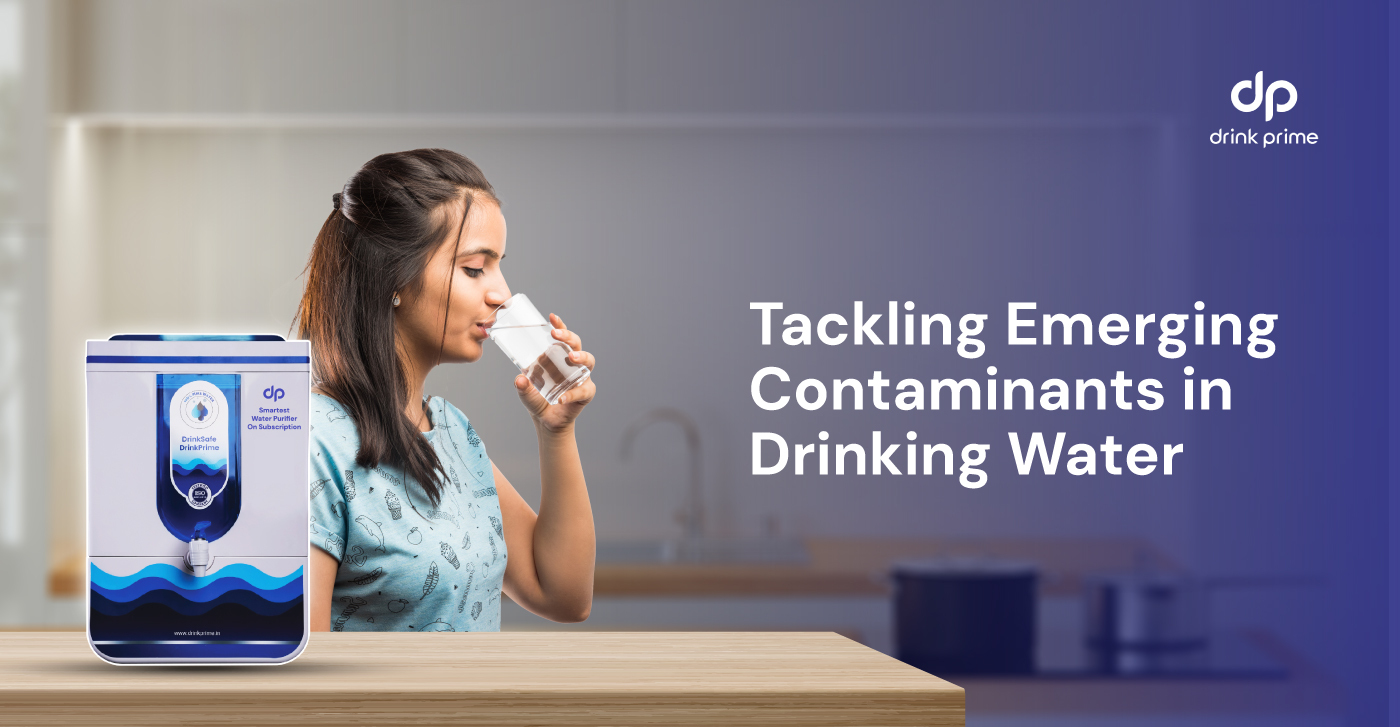Have you ever noticed how water quality can be as unpredictable as the weather? One day, it’s crystal clear and tastes nice, and the next day, the taste has slightly changed. Or you can notice some dust and dirt particles in your tap water.
Why does this happen?
Water, as we all know, is a precious resource needed for life to thrive on this planet. But what factors affect water quality? The answer is a lot of them, and understanding the factors at play is crucial for our health and the well-being of our environment.
Mother Nature has a hand in this game too. Climate patterns and changing weather can all mess with water quality. Imagine heavy rainfall washing pollutants into our rivers or temperature changes impacting our drinking water.
In this blog, we embark on a fascinating journey into the intricate world of water quality. We will unravel what factors affect water quality and its fluctuations so sit back, relax, and let’s dive in!
Why does the quality of your drinking water matter?
It’s easy to take the quality of your drinking water for granted, but let us tell you, the quality of your drinking water is absolutely crucial for your health and well-being. Let us understand why it matters so much!
First things first, our bodies are about 60% water, so it’s no surprise that the water we consume has a direct impact on our health. Drinking clean, high-quality water keeps our bodies hydrated, helps with digestion, and supports our immune systems. On the other hand, drinking water contaminated with harmful substances can lead to a range of health issues. Nobody wants that, right?
Water quality also matters because it affects the taste and odor of the water you drink. Ever sipped water that tastes weird or smelled bad? Not exactly a delightful experience, huh? High-quality drinking water is supposed to be fresh, clean, and free from unpleasant odors and flavors. So, when your water quality is top-notch, you can quench your thirst without unpleasant surprises.
But wait, there’s more! The quality of your drinking water also has an impact on the environment. When pollutants seep into water sources, they can harm aquatic ecosystems and disrupt the delicate balance of nature. It’s like a domino effect—when the water quality suffers, the plants, fish, and other creatures that rely on those water sources suffer too. By ensuring clean drinking water, we’re also protecting our precious environment and preserving biodiversity.
What factors affect water quality?
When it comes to the quality of our drinking water, several factors come into play, determining whether that glass of water is refreshing and safe or potentially hazardous to our health. Let’s delve into the culprits behind the fluctuating quality of our drinking water.
1. Source Water Quality
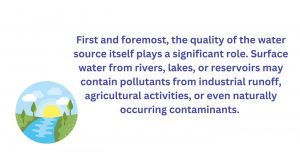
First and foremost, the quality of the water source itself plays a significant role. Surface water from rivers, lakes, or reservoirs may contain pollutants from industrial runoff, agricultural activities, or even naturally occurring contaminants. Groundwater, although generally considered cleaner, is also influenced by nearby pollution sources or underground storage tanks.
2. Water Treatment Processes
Once the water reaches treatment facilities, the processes it undergoes have a significant impact on its quality. Different treatment methods and infrastructure may exist, leading to variations in the removal of impurities, disinfection effectiveness, and overall water quality. The capabilities and technologies employed by each facility can differ, resulting in variations in the final product that flows from our taps.
3. Infrastructure and Distribution System
To understand what factors affect water quality we need to understand the impact of the infrastructure and Distribution System on our drinking water. The condition of the infrastructure and distribution system delivering water to our homes also affects its quality. Aging pipes, valves, and distribution networks can contribute to the leaching of metals, such as lead or copper, into the water. Additionally, the presence of biofilms or stagnant water in the distribution system has the potential to introduce bacteria or other microorganisms, compromising the water’s quality during transit.
4. Environmental Factors
We cannot ignore environmental factors when talking about what factors affect water quality. Natural events like heavy rainfall, flooding, or rapid snowmelt can overload water treatment plants and increase the risk of contamination. Droughts, on the other hand, have the power to reduce water availability and concentrate pollutants, affecting the quality of available water sources.
5. Industrial and Agricultural Activities
Industrial and agricultural activities introduce various contaminants into water sources. Chemical discharges, wastewater from factories, or using fertilizers and pesticides in agriculture can contaminate water bodies, affecting both surface water and groundwater quality. Urban areas bring their own set of challenges, with rainwater runoff carrying pollutants from roads, parking lots, and other surfaces that flow into waterways, potentially compromising drinking water sources.
6. Human Activities and Pollution
Human activities and pollution pose significant risks to our drinking water. Improper waste disposal, including the dumping of hazardous materials, sewage leaks, or inadequate wastewater treatment, introduce contaminants into our water supply. Pharmaceuticals, personal care products, and household chemicals that are not properly disposed of can also find their way into our water sources, potentially impacting drinking water quality.
Get 7 Days Risk Free Trial
Conclusion
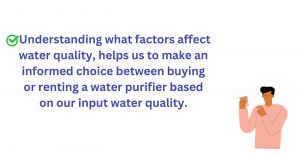
Understanding the factors affecting water quality is of paramount importance for numerous reasons. Water is a vital resource that sustains life, and its quality directly impacts our health, well-being, and the environment. By understanding what factors affect water quality, we gain valuable insights into potential risks and can make informed decisions to protect ourselves and our families. This knowledge also helps us to make an informed choice between buying or renting a water purifier based on our input water quality.

